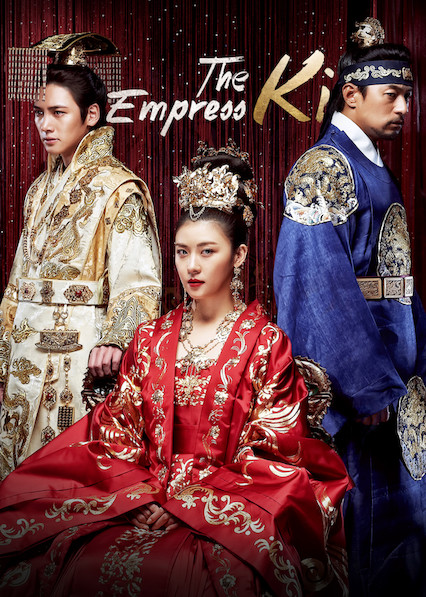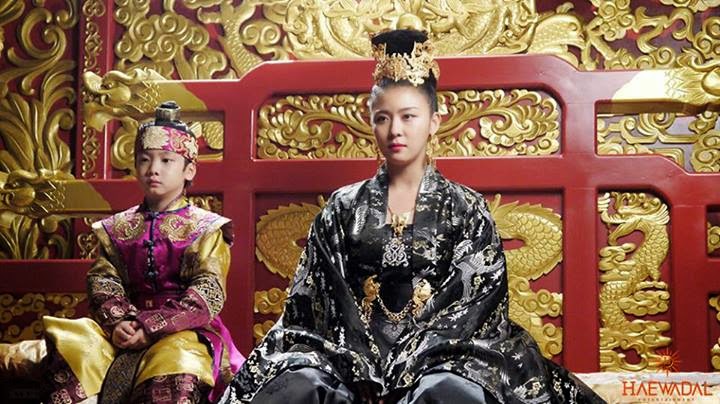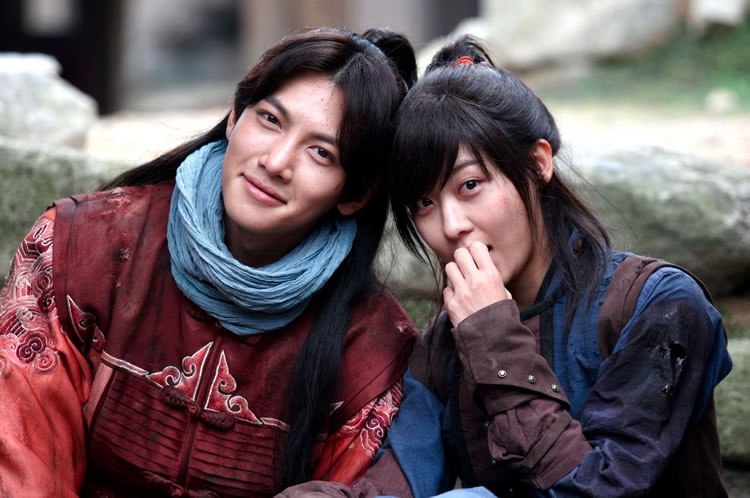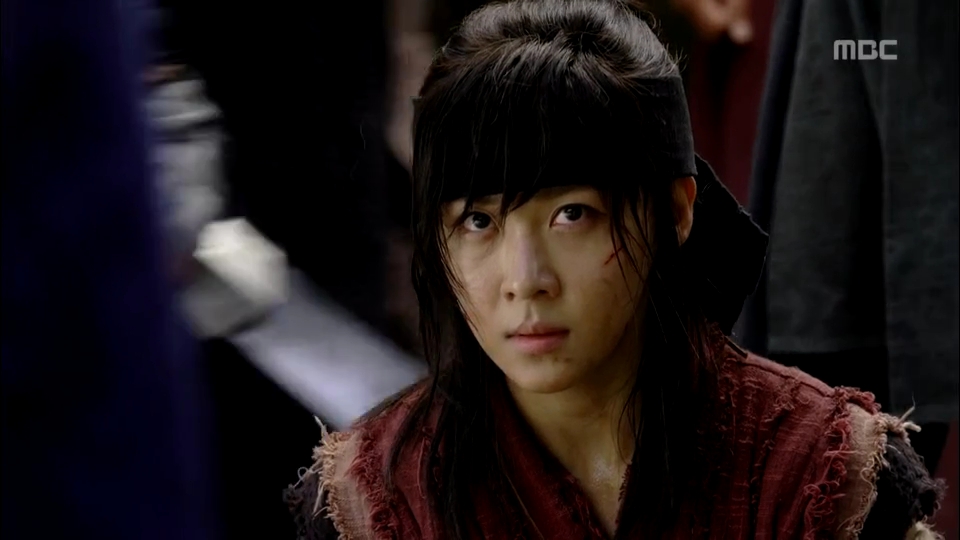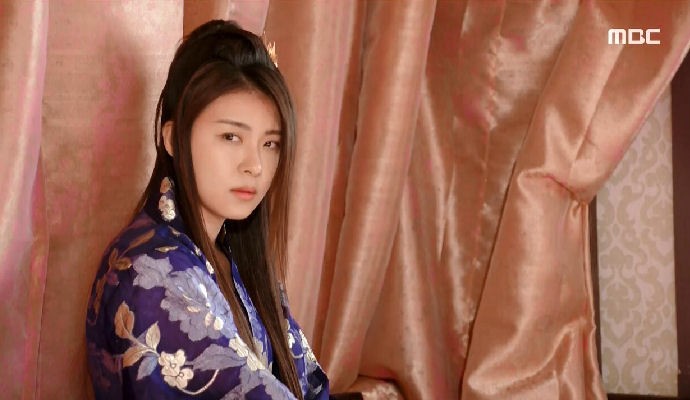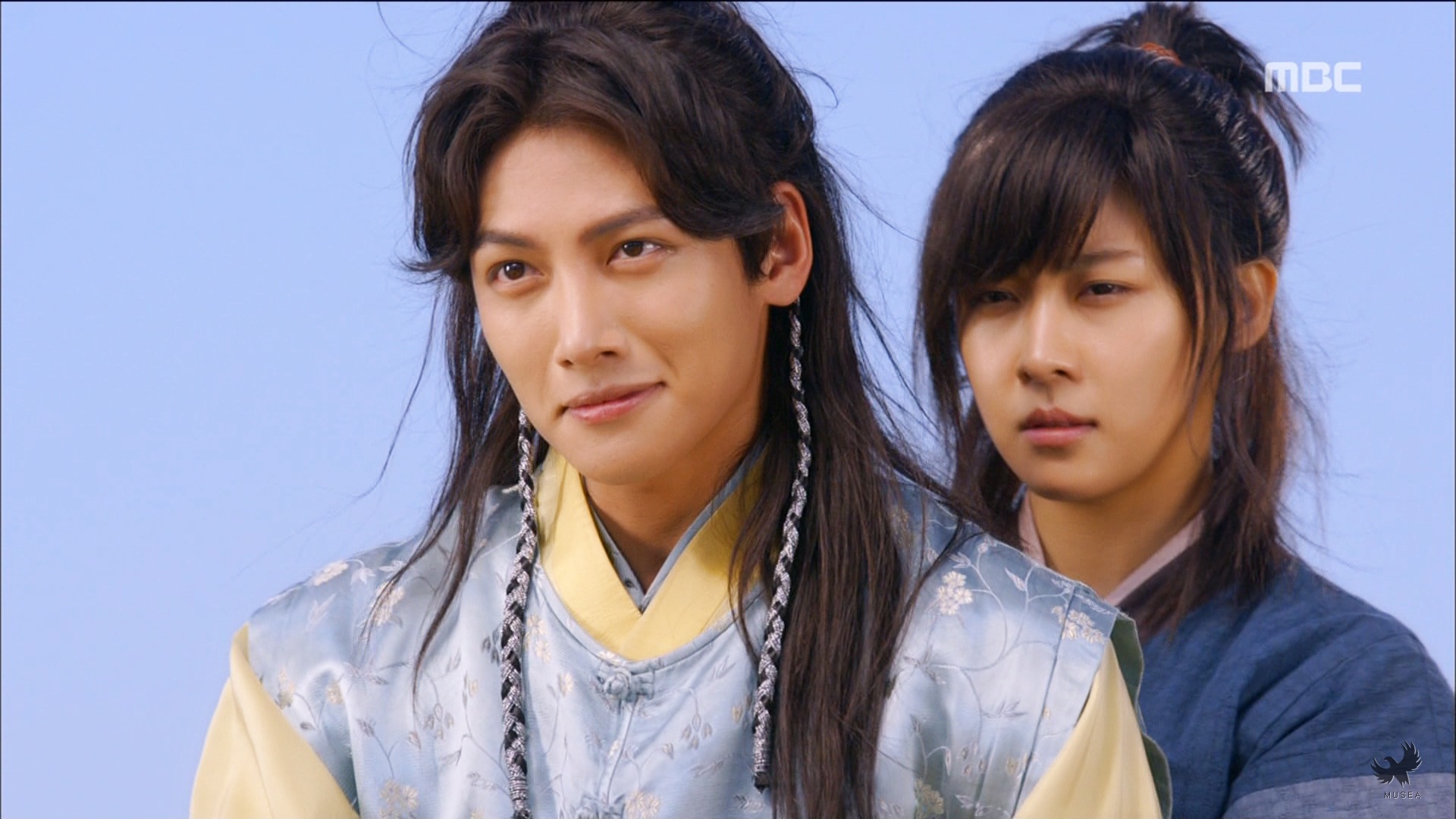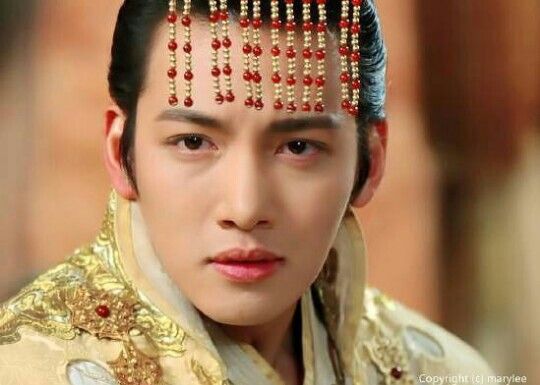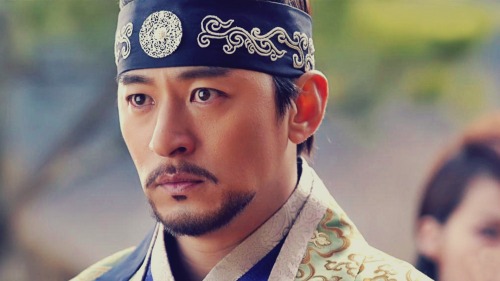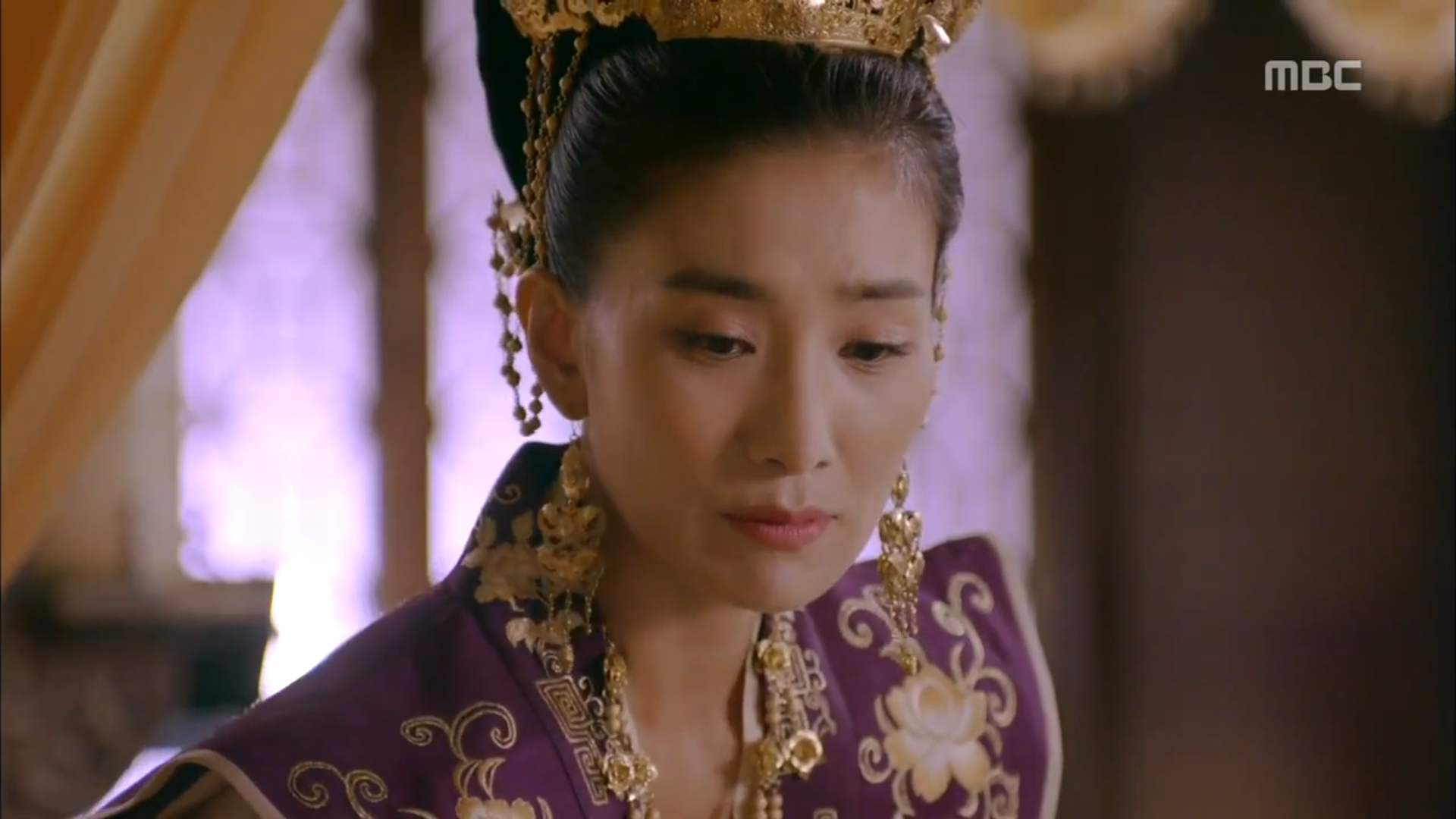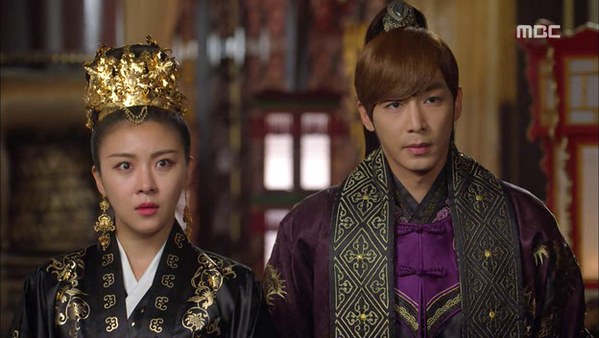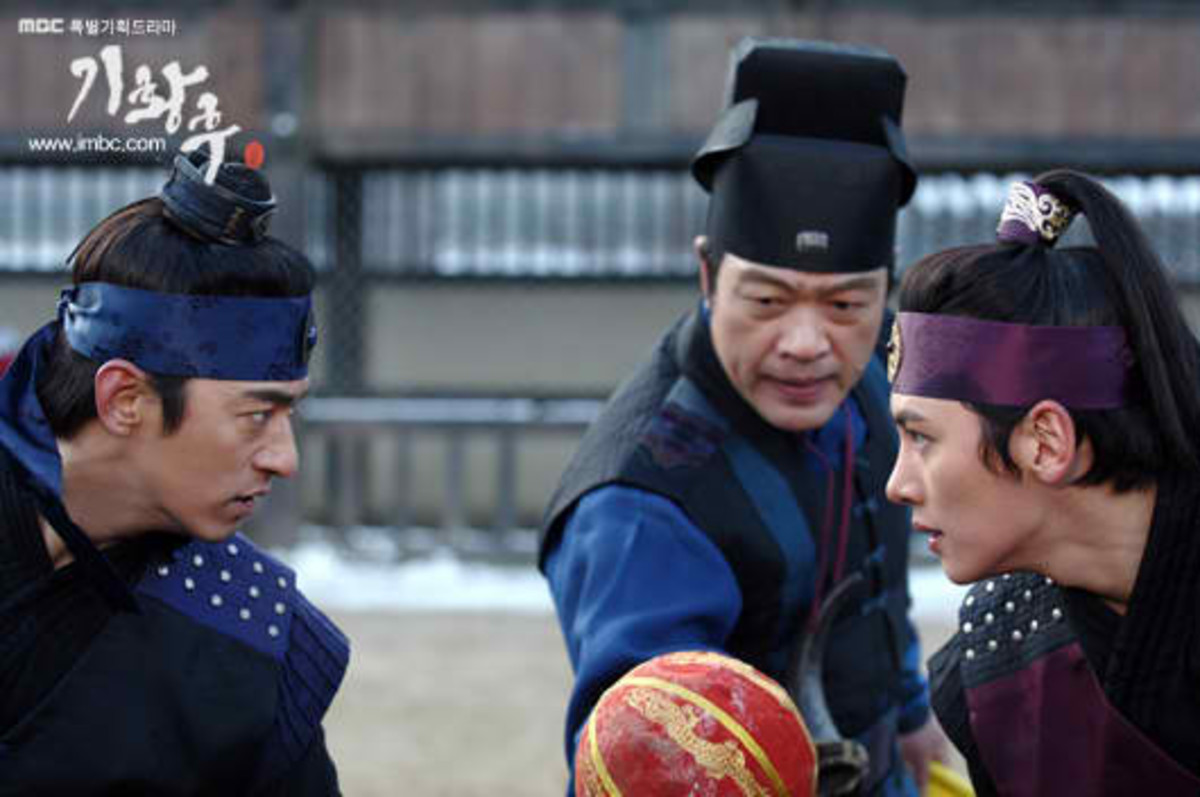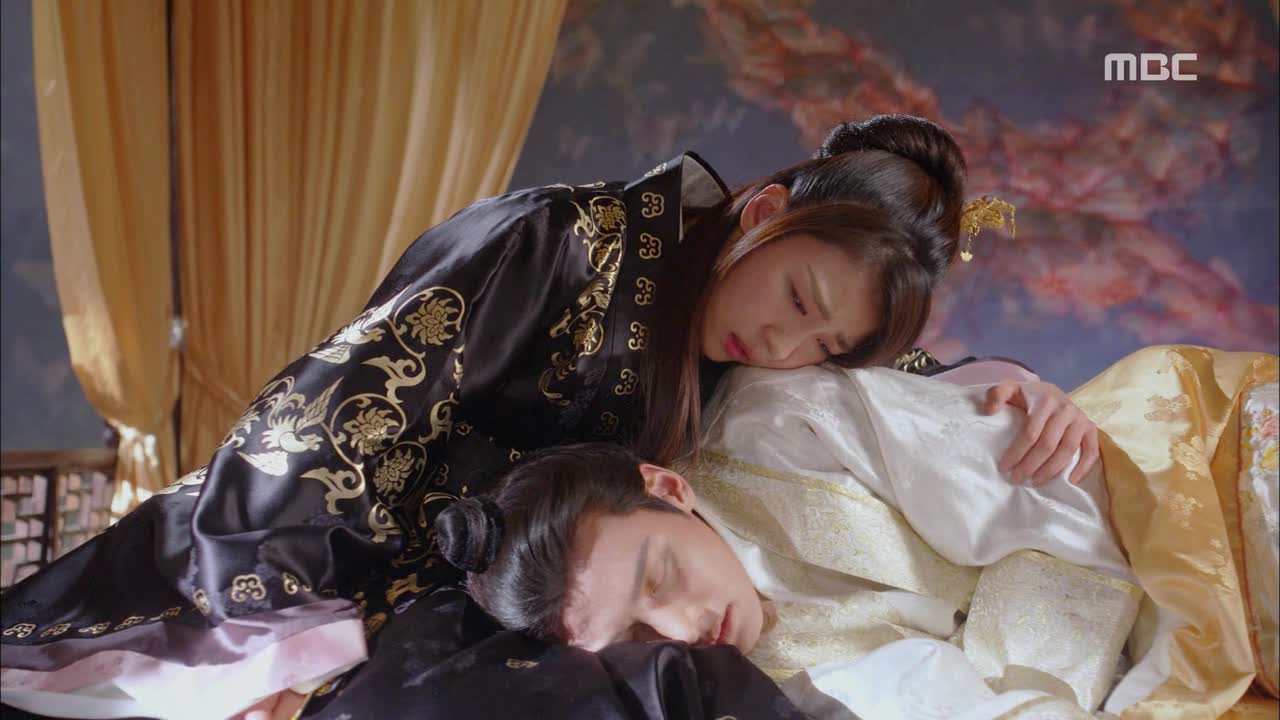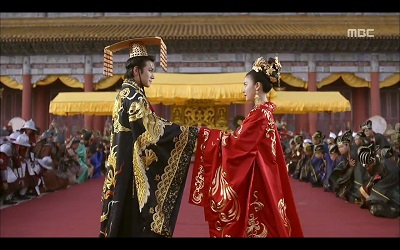Empress Ki – Full Review
Welcome to Empress Ki – Full Review. This drama one woman’s rise to power during the Yuan Dynasty. If you haven’t watched this drama yet, I recommend checking out my unspoiled review here.
Empress Ki
♥ Aired: October 28, 2013 – April 29, 2014
♥# of Episodes: 51
♥Where to Watch: Viki
♥Genre: Historical Drama
♥Starring: Ha Ji Won and Ji Chang Wook
.
The Story
Welcome to my Empress Ki – Unspoiled Review. During the Yuan dynasty, the Mongols ruled a large portion of Asia, including Goryeo (modern day Korea). Empress Ki follows the story of one woman who was brought from Goryeo as a slave, and through perserverance and ingenuity, gains the love and trust of the emperor. Fighting her way through the ranks, she dreams of becoming the foreign-born Empress of the Yuan dynasty.
The Leads
Ha Ji Won as Ki Seung Nyang
Ki Seung Nyang starts out as a rebel warrior disguised as a boy. Even as a boy, she manages to earn the affection of 2 powerful men. One is the King of the small kingdom of Goryeo, who hires her to do some errands for him. The other is the song of the Emperor, who has been exiled by the Prime Minister, to keep him out of power. Through an unlucky set of circumstances, she is captured and sent to the capital as a slave. Unfortunately, on the journey to Daedo, it is exposed that she is actually not a boy, and she ends up becoming a palace maid serving the royal court. The Emperor is shocked when he sees her, first of all because she is a female and second because he was unaware that she had been captured. He commands her to be assigned to him as a personal assistant. With his favor, she eventually becomes a royal concubine and becomes indispensable as a lover and advisor to the Emperor.
Ha Ji Won is an amazing actress and this role gives her the opportunity to show off the many facets of her talent. First as the rough and savvy rebel leader and later as the refined and elegant high court official. As a character, I was rooting for Yang all the way through, but I do wish that she hadn’t become so greedy and selfish toward the end. It was obvious that she really did love the Emperor, but she put her own desires for power ahead of him and his feelings for her. On the positive side, all of this showed the complexity of her character and the development she had to go through to achieve her goals.
Ji Chang Wook as Emperor Toghan
Toghan is the oldest son of the Emperor, who has been passed over and sent into exile because his younger brother is still young enough to be controlled by the Prime Minister and Empress Dowager. While in exile, he learns that his father is on his death bed and his younger brother is frail and ill. So, he prepares to return and take his rightful place as the ruler. Once he is home and enthroned, he faces many enemies. From the Prime Minister who has already managed to divide the empire and gain the majority of the power to the Empress Dowager who seeks to quietly pull the strings of power in the back ground. Toghan wants to shake off the people trying to steal his authority and become a great leader, but it will require a lot of work and growth on his part. Yang is the only person who is willing to help him achieve these goals and he both loves and depends on her because of this. In the end, his ability to become the Emperor who he want to be will require him to sacrifice everything, including his life.
Toghan’s character is flawed from beginning to end. During his time in exile he is naive and immature, which is pretty adorable, but not the traits of a future leader of an empire. His naivety does give him a tendancy to be selfish in the way that children can be. But as he becomes determined to become a great ruler, he steps into more mature role. He is dedicated and driven to learn all the skills he will need. This is truly the best version of him. And as he gains confidence, his successes start to pile up. But all power comes with a price. For Toghan, his weaknesses and insecurites drive him to drink, which erodes his mental capacity and opens the door for his enemies to begin poisoning him. Ji Chang Wook does a terrific job of showing each of these gradual shifts in his character. There is nothing jarring or surprising. Each shift makes sense to the audience and it’s easy to understand how and why he is reacting the way he is. I’ve always been a Ji Chang Wook fan, but this rold made me appreciate him even more. From the playful innocence to the tortured fear, he took us all along for the ride and made us both love and pity him.
Supporting Characters
Joo Jin Mo as Wang Yoo
Wang Yoo is a truly admirable character. He is in turn either the king or the deposed king of Goryeo. He falls in love with Seung Nyang and though they are briefly engaged, circumstances and choices led her to chose the Emperor instead of him. His need to defend both his kingdom and his loved one continuously put him at a disadvantage, but he always seems to show up in the nick of time to save the day.
Kim Seo Hyung as Empress Dowager Hwang
In the beginning, the Empress Dowager seems to be on Toghon’s side, but it doesn’t take long for her to show her true colors. She wants power and control in any way she can get it. While the Prime Minister is alive, she lets him do the dirty work while she patiently stays in the background. But she is working the whole time, placing her people near the Emperor and slowly gathering the authority she needs. While the younger crown prince, Toghon’s brother, was her birth son, Toghon’s mother was actually a royal concubine. Because of this, the Empress Dowager has no real love for Toghon himself; only his power.
Things I Liked
♥ Visual Beauty
There is no denying that one of the best things about Empress Ki is how visually appealing it is. The costumes are intricate and ornate, the scenary is sweeping, and the battle scenes are intense and suspenseful. Especially taking into account that this drama was filmed 7 years ago, in 2013, it really accomplished something amazing in it’s cinematography. The use of bold and bright colors also helped to capture your attention and bring life to each and every scene.
♥Villains
This is a drama so big that it needed a whole crew of villains, and each one of them was deliciously hateable in their own right. Just when we finally get rid of the Prime Minister, the evil Queen Dowager steps up to take her turn. And when the Emperor finally gets wise to her, the head of Hawk House comes out of the wood work to swing a crushing blow. And that doesn’t even take into effect the minor villains like Yeom Byung Soo and Jo Cham. There is an endless array of them and they were all phenomenal at making us hate them!
♥Tal Tal
I had no idea what a fan favorite the character of Tal Tal is but I am definitely in agreement. He is selfless in the way he helps his uncle, Bayan, and Yang. He obviously loves Yang but keeps his feelings to himself and helps her achieve her dreams, even when they take her farther away from him. He is smart and patient and certainly a joy to look at. My favorite thing about his character was that he saw Yang as more than just a beautiful helper. Her potential ran deeper than anyone else ever gave her credit for, but he saw all of it and trusted her judgement unswervingly.
Things I Didn’t Like
Unnecessarily Long
While I certainly was never bored watching Empress Ki, 51 episdodes is an awful lot. And there was no shortage of character betrayals. I think that the drama could have been shorter and cut out some of the more redundant plots. It’s interesting that most current historicals follow the same 16 episode format that other genres do. Maybe that was a lesson they have learned over time. I just think the same story could have been told in less time.
Not Much of a Triangle
Maybe I just really like Ji Chng Wook, but the love triangle in Empress Ki didn’t feel much like a triangle to me. Wang Yoo and Yang had a bit of a story arc toward the beginning, but honestly I never felt much chemistry between the two. And after that, they were living on those few memories to keep the romantic tension alive. It did seem like Yang herself wasn’t really aware of her feelings for Toghan until much later, but for me their love story was obvious.
Wait…Tal Tal is what??
Even if Tal Tal was not my favorite character, surely his death deserved more than a passing by the way. If you weren’t paying attention, you might have actually missed it. No fanfare, no brief scene to get a chance to say goodbye, just “oh yeah, he died in battle”. At least he died as valiantly as he lived, and while we didn’t get a goodbye, at least Yang did. I just would have liked a little more respect paid to his wonderful character.
The Ending
After 51 episodes, you might think they would reward us for sticking with them by giving us a happy ending, but that was not to be. Empress Ki’s ending is as tragic as the rest of the drama. Aside from the Empress and crown prince there really aren’t many left. The Emperor kills Wang Yoo to protect Yang from the secret of their son. Then he kills all the ministers who support the Empress Dowager in her efforts to crown a new Emperor. The Empress Dowager is sentenced to the cold palace, but drinks poison before they can send her away. And lastly, Toghan finally succombs to the massive amounts of poison he was fed by Golta and dies in Yang’s arms. Even her mentor and confidant Tal Tal is killed in battle. Yang has become the Empress but she is left all alone.
Should I Watch
If you are a tried and true historical fiction fan, Empress Ki is a classic must-see. The costumes and scenary are of epic proportions, and the stories of love and betrayal are exactly what we would expect from this style of drama. The cast is amazing and the plot lines will keep you guessing until the very end. If you are new to the genre or just don’t enjoy long, drawn-out, meoldramatic plots, this is probably not for you. It is not lighthearted or a quick fix, but for those of you looking for a beautiful story you can immerse yourselves in, you will not be disappointed. I give Empress Ki a 9 out of 10 ramen.
🍜🍜🍜🍜🍜🍜🍜🍜🍜

